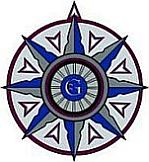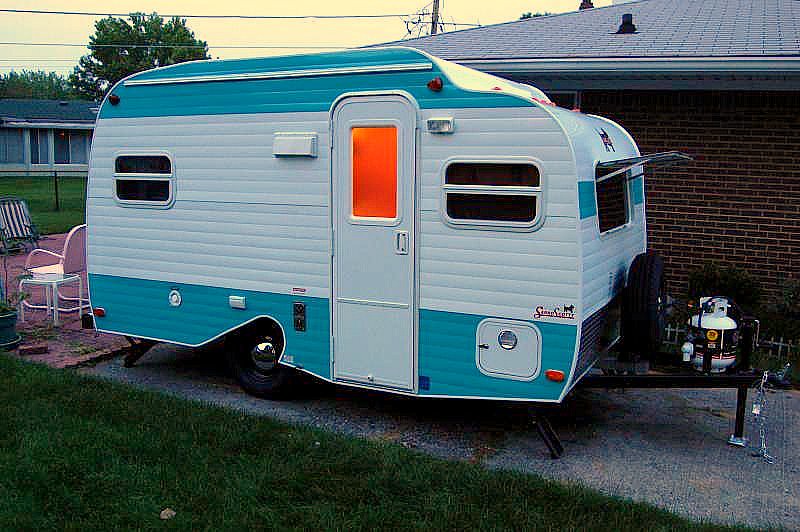solder vs crimp
34 posts
• Page 1 of 3 • 1, 2, 3
solder vs crimp
The great debate solder versus crimp connections!
I'm a great fan of soldering connections and yet I hear the debate and the arguments that if you're using connections in a vehicle when you want to crimp the connections because they're less likely to fail because of vibration. One of the things that drove this questioning was that I remember 35 years ago that NASA went with a heat shrinkable solder connector in the wiring for the space shuttle. This had a central portion that had what I'm presuming is probably a silver solder with an outer heat shrinkable tubing with a sealant/glue. This was applied using a heat gun and they were very expensive.
I have been making solder connections and using heat shrink tubing around it to reinforce and seal out moisture for years, but this is primarily in a static environment.
According to the NIST national Institute of technology there is less resistance in a soldered connection, a plus when you're dealing with DC .I know how to make a good solder joint and my question is has anyone ever had a failure as a result of a soldered connection?
I'm a great fan of soldering connections and yet I hear the debate and the arguments that if you're using connections in a vehicle when you want to crimp the connections because they're less likely to fail because of vibration. One of the things that drove this questioning was that I remember 35 years ago that NASA went with a heat shrinkable solder connector in the wiring for the space shuttle. This had a central portion that had what I'm presuming is probably a silver solder with an outer heat shrinkable tubing with a sealant/glue. This was applied using a heat gun and they were very expensive.
I have been making solder connections and using heat shrink tubing around it to reinforce and seal out moisture for years, but this is primarily in a static environment.
According to the NIST national Institute of technology there is less resistance in a soldered connection, a plus when you're dealing with DC .I know how to make a good solder joint and my question is has anyone ever had a failure as a result of a soldered connection?
-

Shadow Catcher - Donating Member
- Posts: 6008
- Images: 234
- Joined: Sat Apr 11, 2009 8:26 pm
- Location: Metamora, OH
The only time I have seen one fail is one one of my mechanics solder a DC air compressor connection on a fuel truck here and it just carried two many amps so one it heated up the solder melted enough to pull out from the vibration. I try to solder most connections. we also go through a lot of heat shrink here. Most of our wiring is in explosion proof conduit. On my trailer not too much soldering just crimping and it works fine. I guess it would depend on your climate if you have a problem with corrosion.
Eddie
Eddie

-

emiller - Donating Member
- Posts: 3421
- Images: 157
- Joined: Sun Jun 13, 2004 11:00 pm
- Location: Arizona, Phoenix





